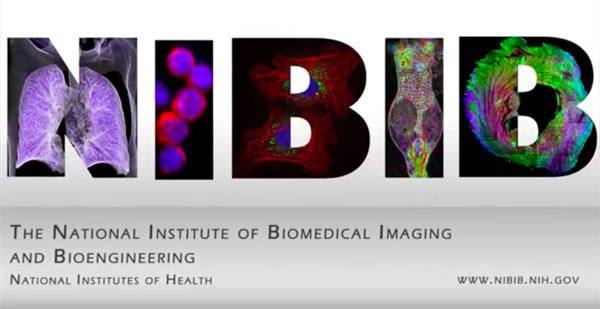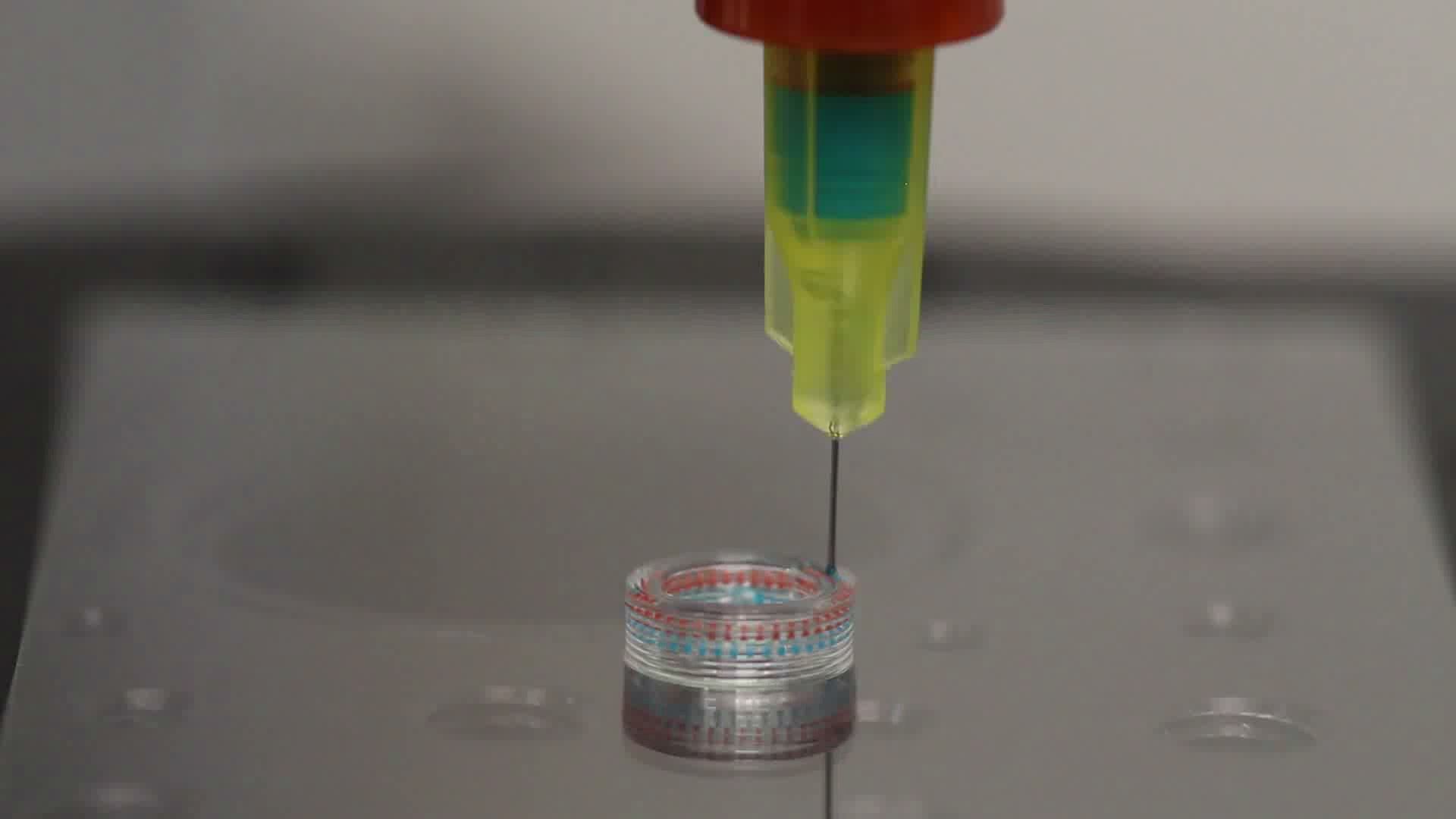Just days ago it was announced that a 3D printed guide developed by researchers in Minnesota could help facilitate the regrowth of damaged nerves within the human body. In the wake of this exciting breakthrough, is another progressive use for 3D printing within the medical world, as the same researchers have found a way to release biomolecules into the body through a 3D printed scaffold with more precision than ever before.

The 3D printed scaffolds were developed by Michael McAlpine, an associate professor of Mechanical Engineering at the University of Minnesota, and were funded in part by the NIBIB (National Institute of Biomedical Imaging and Bioengineering).
